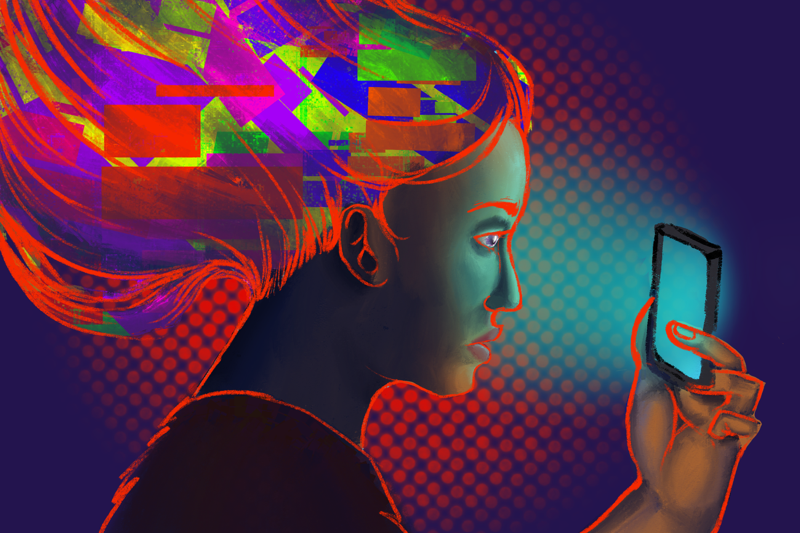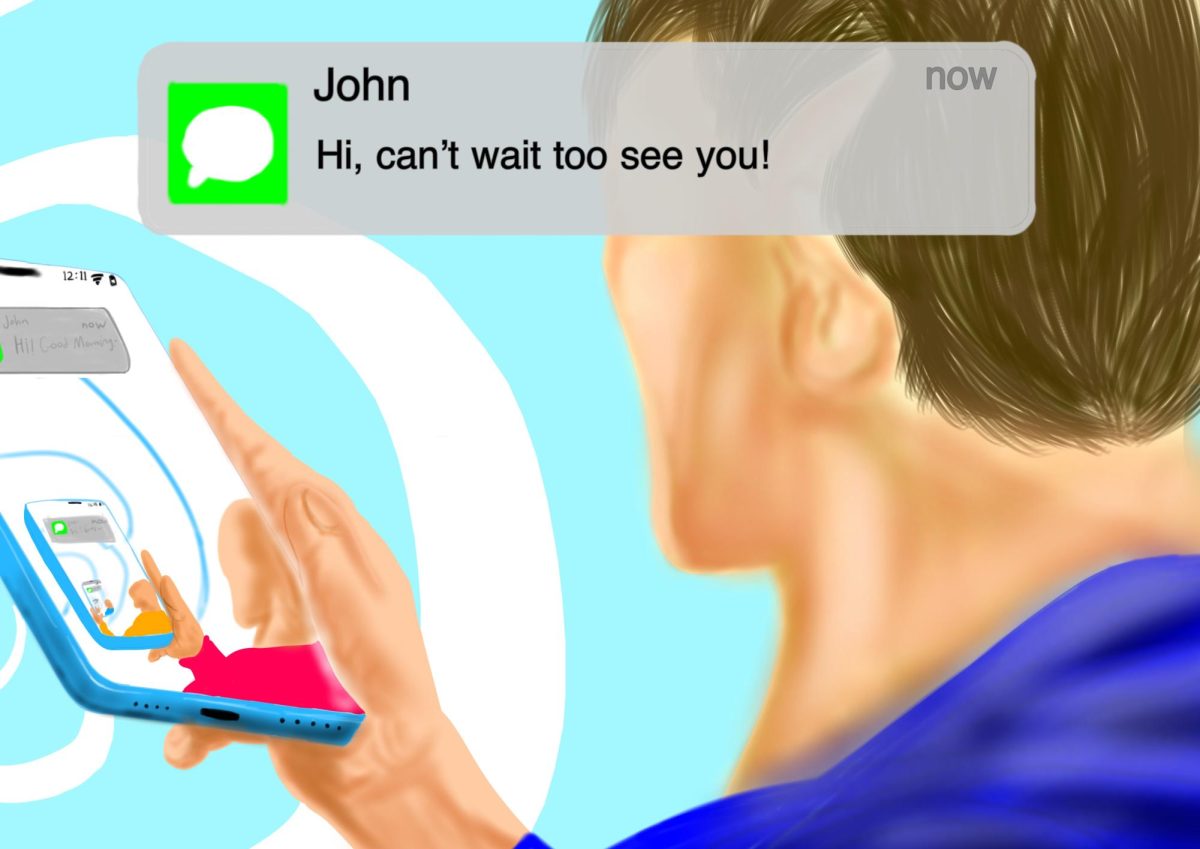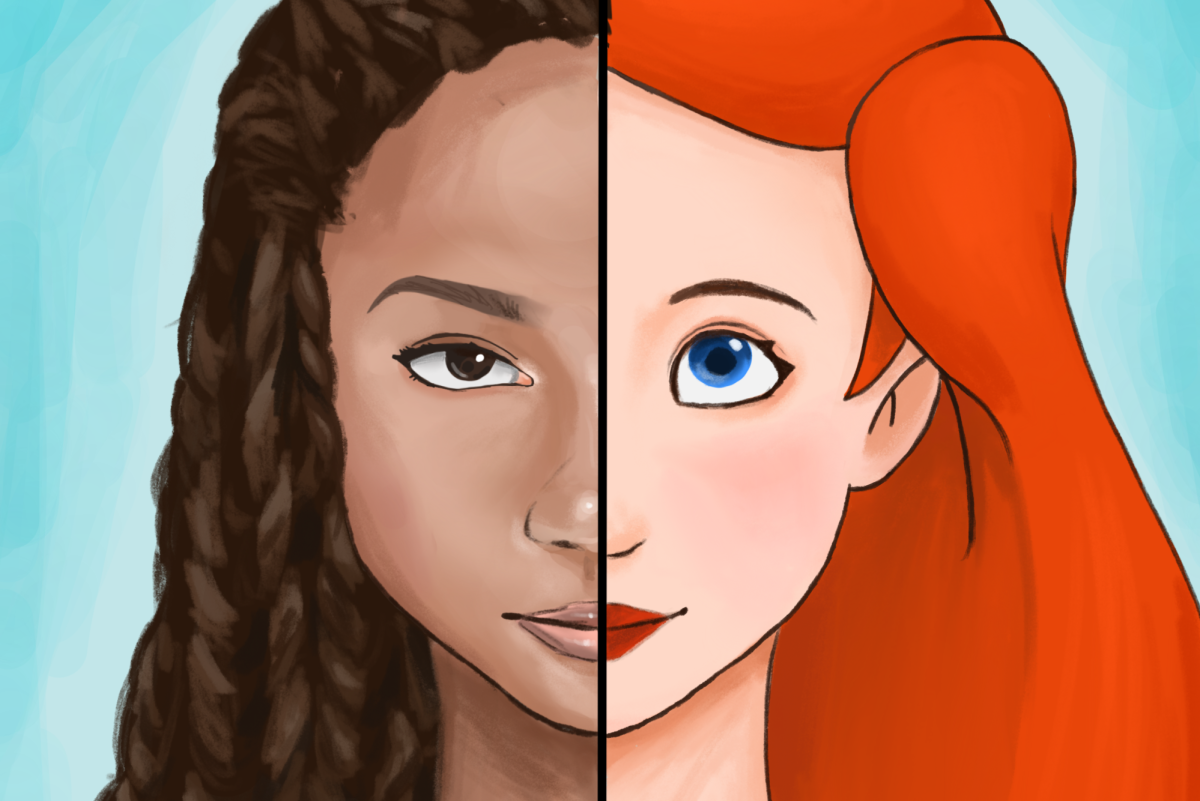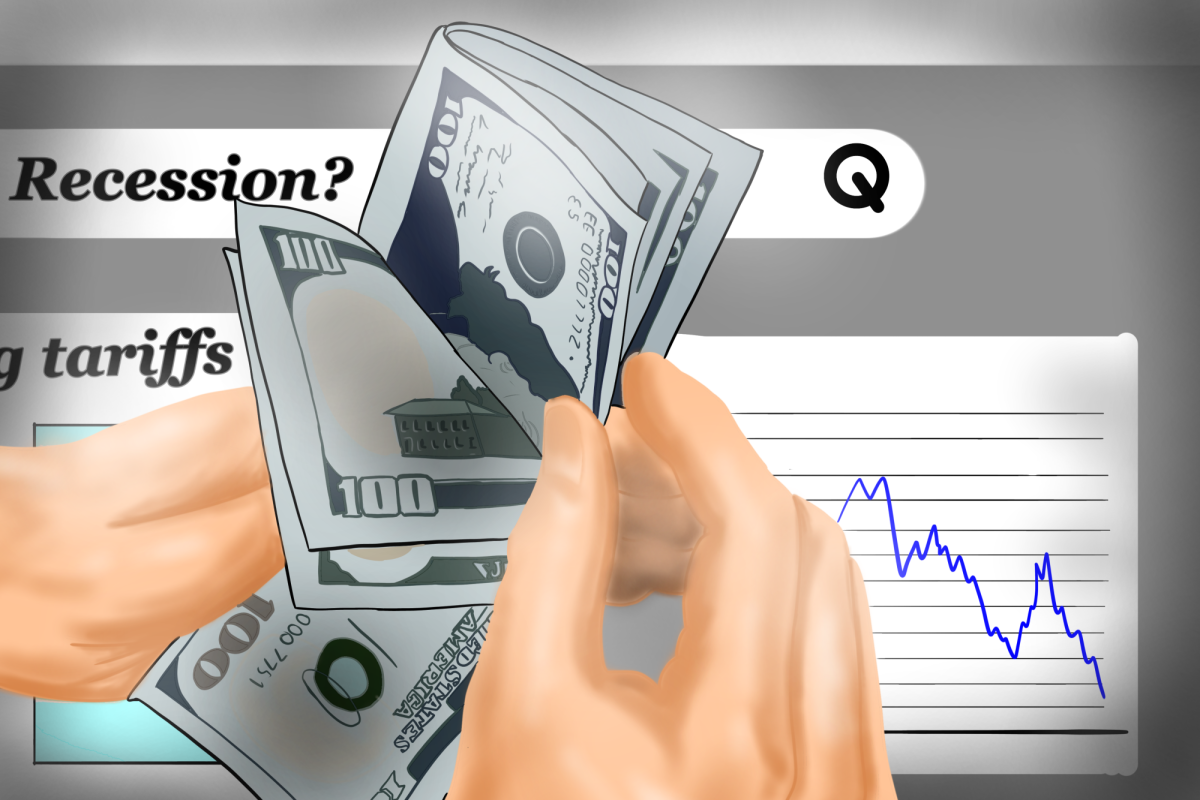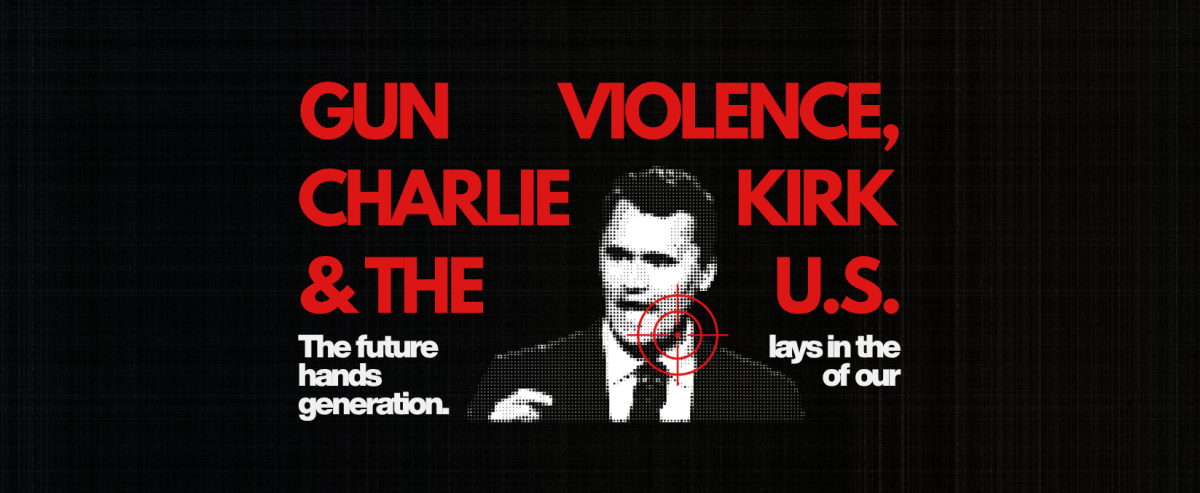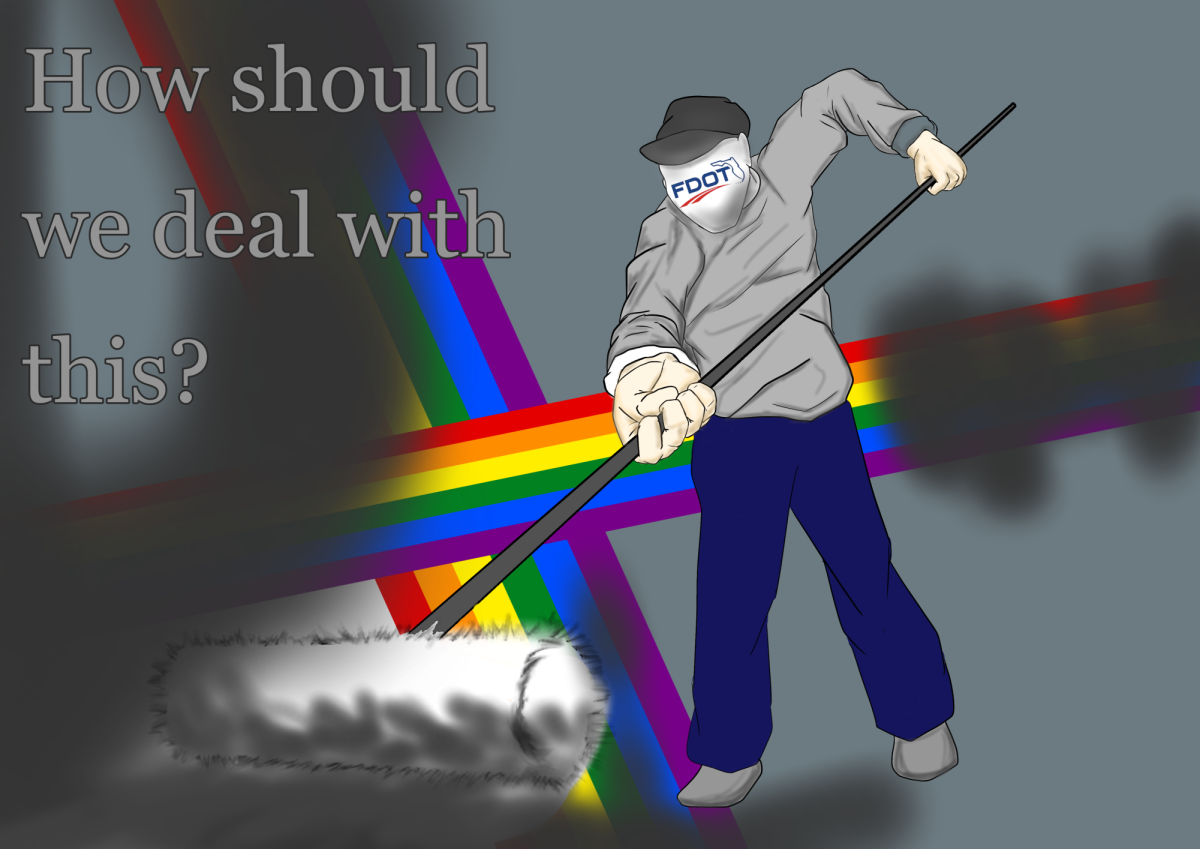As a society, we hate social media, or at least we try to. Up until a few years ago, I did not have any form of social media. I knew the consequences, I’ve seen plenty of addiction. Yet, as I progressed through high school, I felt the small inconveniences gradually accumulate, prompting me to download Instagram.
In our school, for instance, most student clubs advertise and post updates on Instagram, including sign-up forms and event promotions. In our society, someone without daily access to social media has difficulty obtaining even the most basic information.
Additionally, our Associated Student Body posts weekly and monthly schedules as well as other announcements on Instagram. From event ticket information to upcoming sports games, having no access to crucial information made high school life difficult. Sure, there were other ways to stay informed, but social media was the most convenient way.
Regarding social networking, social media plays a vital role. When finding college roommates and friends, for instance, many prefer to communicate through social media over in-person events.
Despite these opportunities to stay informed and socialize, social media faces great scrutiny. “It lowers self-esteem” and “It takes away too much time” are common phrases heard nowadays. While monitoring excessive use is reasonable, the constant association of social media with negativity and addiction seems forced and overgeneralized. Reasons for usage vary per person; not all users are consumed by its adverse influence. Many people tend to look down upon those that use social media and praise those that do not as “mature” and “wise,” entirely disregarding the small troubles that refraining from social media may create. Many have no choice but to use social media to make those small parts of life easier.
Fifty-four% of teenagers said it will be hard for them to give up social media, according to a 2022 Pew Research Center study. While its dangers and connections with negative mental health affects are real, it must be taken into consideration that outwardly denying its entire existence lacks context and modern analyses of the powerful role it plays in today’s society. Social media use continues to increase for a reason. As opposed to focusing solely on adverse impacts on mental health, society should find it more alarming that life is progressively getting more difficult for those who choose to stay away from it. If we all know its long-term consequences are evidently present, why do businesses, schools and other sources use it so much? Why have we constructed norms that ironically encourage social media use?
Since I first downloaded Instagram, I feel more relaxed knowing that I will not miss important schedules and school information. Before judging our generation for being on social media “too much,” a further investigation on how necessary it has become to our lives is warranted.
Society is a constant contradiction. Take AI, for example. In recent years, students in the education system learn in an environment where AI is predominantly unwelcomed. There are conversations about plagiarism, how it threatens originality and fears about how it may take over humans. These concerns are undeniably real and crucial restraints to rapid, and sometimes fanatical technological progression. Yet, “78% of global companies currently use AI,” according to a 2025 data by Exploding Topics. As such, there is an undeniable gap between contrast between true usage frequency and conceptual perception of certain entities that often leave individuals caught in quandary.
So does society want us to be on social media or not? The answer may never be truly found: as long as society mutely allows the online world to dominate the real world, its drawbacks will never prevail. Individuals will forever be trapped in contradictory expectations.


